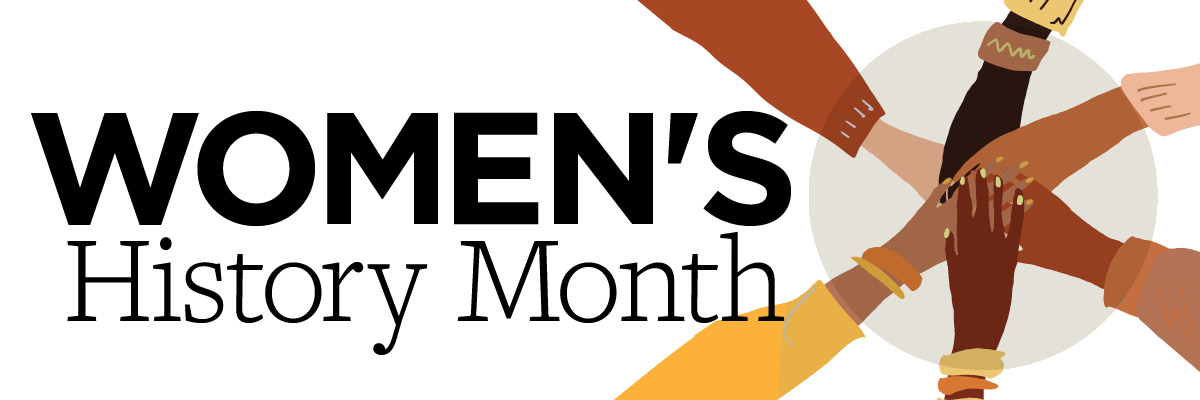The Significance of Women’s History Month
Home › Discussion Forum Index › Diversity & Inclusion Discussions › The Significance of Women’s History Month
- This topic has 0 replies, 1 voice, and was last updated 4 years, 4 months ago by
 United Resource Connection.
United Resource Connection.
-
AuthorPosts
-
-
March 1, 2021 at 11:48 am #43058
 United Resource ConnectionKeymaster
United Resource ConnectionKeymaster This month is Women’s History Month. Women’s History Month is designated as an educational endeavor to increase awareness not just of the contributions but also the unique experiences of women in our history.
This month is Women’s History Month. Women’s History Month is designated as an educational endeavor to increase awareness not just of the contributions but also the unique experiences of women in our history.Women’s History Month is officially recognized in the United States, the United Kingdom, and Australia, corresponding with International Women’s Day (March 8th). International Women’s Day was first designated to commemorate women successfully championing their right to vote (e.g., New Zealand 1893, South Australia 1894, Soviet Russia 1917, Sweden 1919, the United States 1920, Canada 1929), but is now more so a commemoration of the right to fair treatment with dignity in all one’s self determined endeavors.
Every U.S. President since 1988 has proclaimed March as Women’s History Month. The first President who acknowledged the significance of women’s history (in 1980) said: “From the first settlers who came to our shores, from the first American Indian families who befriended them, men and women have worked together to build this nation. Too often the women were unsung and sometimes their contributions went unnoticed. But the achievements, leadership, courage, strength and love of the women who built America was as vital as that of the men whose names we know so well.” He went on to say that women’s history is a right: “It is an essential and indispensable heritage from which we can draw pride, comfort, courage, and long-range vision.” “Understanding the true history of our country will help us to comprehend the need for full equality under the law for all our people.” [President Carter.]
Much of women’s history and collective experience wasn’t known by women or men until it was taught in school. By highlighting extraordinary women this month, children –and adults alike– are provided examples to look-up to, emulate, and have pride in. But Women’s History Month is not just about highlighting extraordinary individuals, but also highlighting common experiences that are unacceptable in a land where we are striving for equality in both liberty and justice. This month I’ve personally read accounts of some women and girls that have had experiences that I would not want my children –or anyone else– to have to suffer. Unfortunately, without the focus to which this month is devoted, many of us, including myself, would not even know that such experiences had occurred or continue to occur.
So I invite you to expand your knowledge this month, to learn more about extraordinary women, as well as more about the experiences that continue to be barriers to women –the barriers we collectively still need to address if we are to live closer to that ideal of equality in both liberty and justice, upon which our nation is founded. Here are some resources to that end:
Resources for Teachers from the Library of Congress and National Archives
Educational Resources from the National Women’s History Museum
PBS (Public Broadcasting Service) Women’s History Video Archive
Scholastic Women’s History Month Collection of Teaching Resources
Anti-Defamation League Resources for Women’s History Month
This report is respectfully submitted to the individuals and agency partners that make United Resource Connection possible. Thank you for all you do in service to the greater good.
Stefan Densmore, CEO/President, United Resource Connection
-
-
AuthorPosts
- You must be logged in to reply to this topic.

 This month is Women’s History Month. Women’s History Month is designated as an educational endeavor to increase awareness not just of the contributions but also the unique experiences of women in our history.
This month is Women’s History Month. Women’s History Month is designated as an educational endeavor to increase awareness not just of the contributions but also the unique experiences of women in our history.